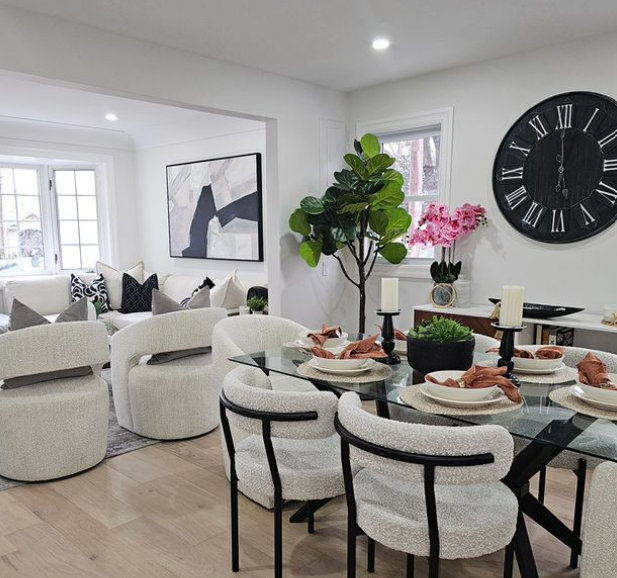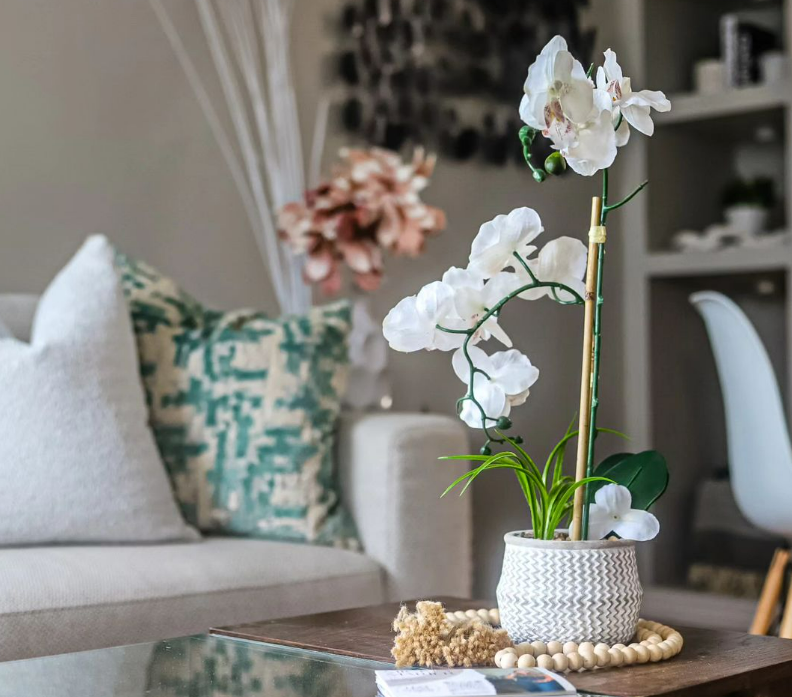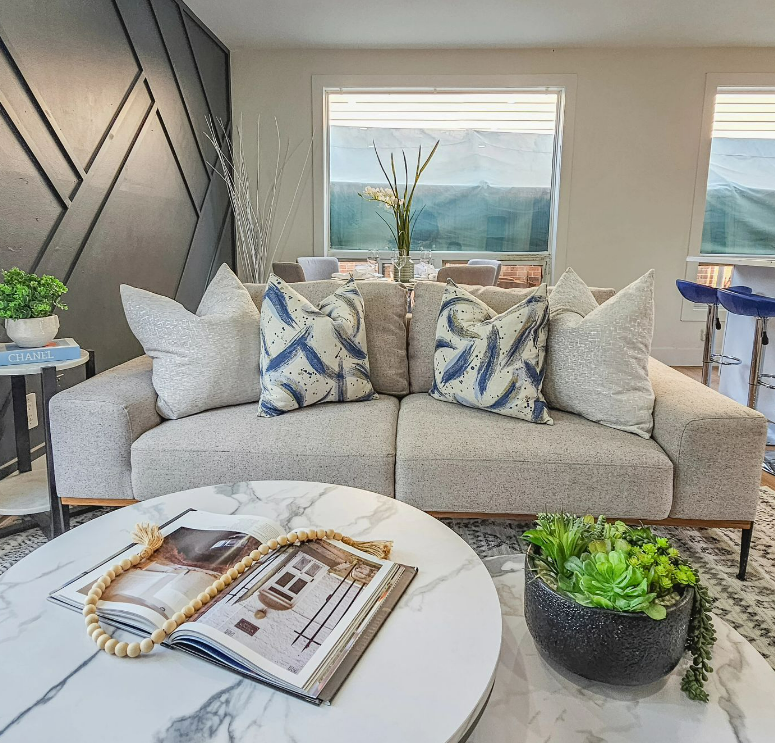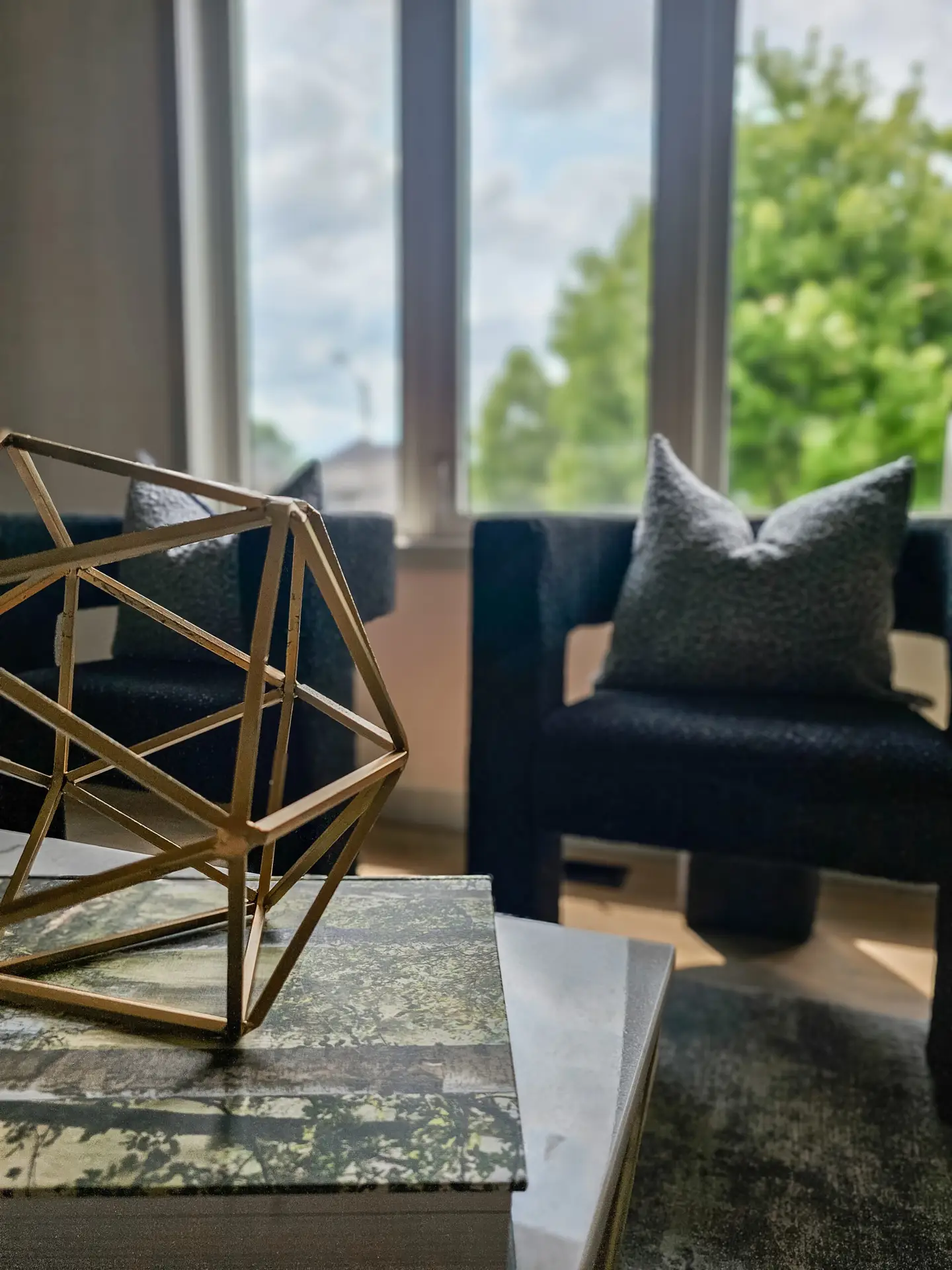When it comes to selling a home, understanding buyer psychology is key to making a successful sale. Potential buyers are not just purchasing a structure; they are investing in a dream, a lifestyle, and a future. Therefore, the emotional appeal of a home can be just as important as its physical attributes. This is where the art of home staging becomes invaluable.
The Psychological Aspect of Home Buying
Buying a home is one of the most significant financial decisions people make, often influenced by a mix of logical and emotional factors. From a psychological standpoint, buyers are looking for a property that feels right—a place where they can envision themselves living and thriving. They want to see a space that promises comfort, safety, and a touch of aspirational living. This emotional connection can significantly impact their decision-making process.
The Role of First Impressions
First impressions are crucial in real estate. Studies have shown that potential buyers form an opinion about a home within the first few seconds of entering. An empty house or one filled with personal clutter can make it difficult for buyers to imagine themselves in the space. This is where professional staging comes into play. Staging transforms a house into a welcoming and attractive home, helping buyers visualize its full potential.

The Power of Professional Staging
Enhanced Visual Appeal: Professional stagers understand the latest design trends and how to highlight a home’s best features. They arrange furniture and decor in a way that maximizes space, light, and flow. This enhanced visual appeal can make the property more inviting and memorable to potential buyers.
Creating a Lifestyle: Staging helps buyers envision the lifestyle they could lead in the home. By setting up areas for entertainment, relaxation, and work, stagers create a narrative that resonates with buyers’ desires and aspirations. This emotional connection can be the deciding factor in a purchase decision.
Highlighting Functionality: Many buyers struggle to see past a home’s current state, especially if it is empty or cluttered. Staging demonstrates how to utilize different spaces effectively. For example, a small room can be staged as a cozy home office or a guest bedroom, showing buyers the versatility of the home.
Emphasizing Space and Flow: Proper staging can make a home appear larger and more cohesive. By strategically placing furniture and decor, stagers guide the buyer’s eye through the home, emphasizing its spaciousness and natural flow. This helps buyers understand the layout and how their own furniture and belongings might fit.
Increasing Perceived Value: Professionally staged homes often create a perception of higher value. Buyers are more likely to view the property as well-maintained and worth the asking price. This can lead to quicker sales and even higher offers, as staged homes tend to stand out in the market.

The ROI of Home Staging
Investing in professional home staging can provide significant returns. According to a survey by the National Association of Realtors, 83% of buyers’ agents said that staging a home made it easier for a buyer to visualize the property as their future home. Moreover, staged homes sell faster and often for more money than non-staged homes. The initial cost of staging is typically outweighed by the benefits of a quicker sale and potentially higher sale price.
Conclusion
In the competitive world of real estate, understanding buyer psychology and the impact of first impressions is crucial. Professional home staging plays a significant role in appealing to buyers’ emotions, helping them envision a future in the home, and ultimately driving the sale. By transforming a house into a desirable product, staging ensures that a property stands out in the market and attracts the right buyer, making it a wise investment for any home seller.



